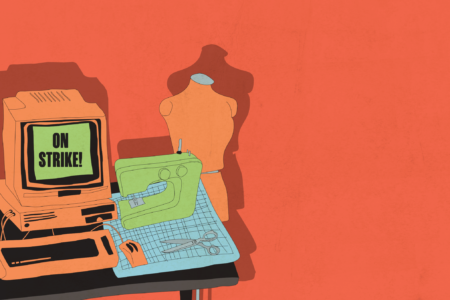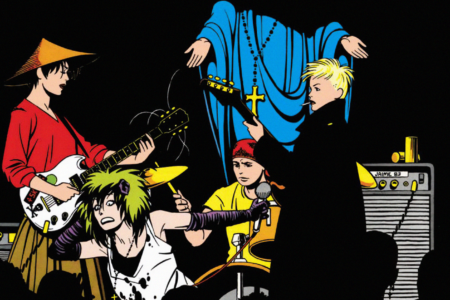Power to the Profiles: The Indie Sellers Guild and Protecting the Interests of Online Artisans
Before the strike began, Etsy announced a 30% seller transaction fee increase. For one week in April, 2022, nearly 30,000 Etsy vendors, zinesters, craft makers and hobbyists alike, asked their custome



